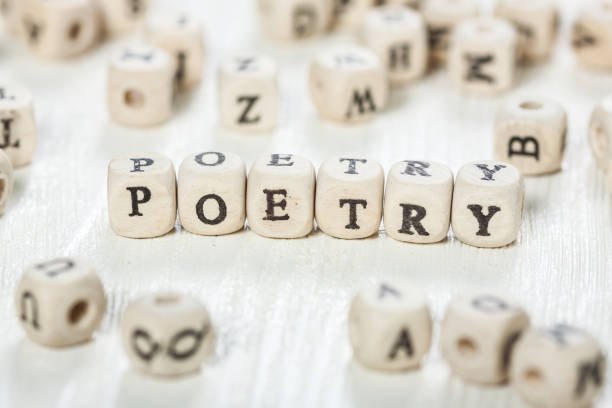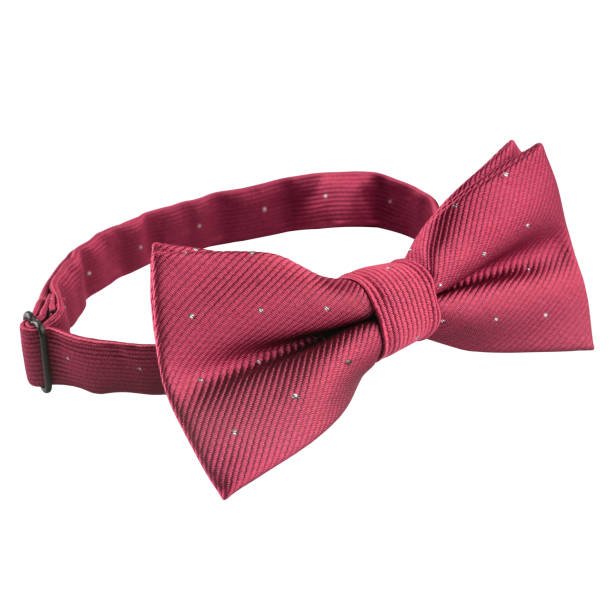Welcome to our dedicated page for Grade 11 English Paper 2 Poetry Questions and Answers. Here, students and educators alike will find a valuable resource for enhancing their understanding and preparation for English poetry exams. This collection is specifically curated to assist Grade 11 students in their revision studies for upcoming tests and exams.
Our compilation includes an array of questions and corresponding answers extracted from previously written English Paper 2 exams, focusing specifically on poetry. These resources are ideal for students looking to deepen their comprehension of poetic forms, themes, techniques, and analysis. By engaging with these past exam questions and answers, students can gain insights into the types of questions typically asked and the expected responses. This practice is not only beneficial for understanding the poetry syllabus more thoroughly but also for developing critical thinking and analytical skills that are essential for excelling in English literature exams.
Utilize these questions and answers as part of your study routine to ensure a well-rounded and comprehensive preparation for your Grade 11 English Paper 2 poetry exams.
Grade 11 Poetry Questions and Answers
Poetry Essay Question
Read the poem below and then answer the question that follows:
- Turning and turning in the widening gyre
- The falcon cannot hear the falconer;
- Things fall apart; the centre cannot hold;
- Mere anarchy is loosed upon the world,
- The blood-dimmed tide is loosed, and everywhere
- The ceremony of innocence is drowned;
- The best lack all conviction, while the worst
- Are full of passionate intensity.
- Surely some revelation is at hand;
- Surely the Second Coming is at hand;
- The Second Coming! Hardly are those words out
- When a vast image out of Spiritus Mundi
- Troubles my sight: somewhere in sands of the desert
- A shape with lion body and the head of a man,
- A gaze blank and pitiless as the sun,
- Is moving its slow thighs, while all about it
- Reel shadows of the indignant desert birds.
- The darkness drops again; but now I know
- That twenty centuries of stony sleep
- Were vexed to nightmare by a rocking cradle,
- And what rough beast, its hour come round at last,
- Slouches towards Bethlehem to be born?
Question: In a carefully planned essay, critically discuss how the poet uses diction, imagery and tone to suggest a future world characterised by violence and chaos. Your essay must be 200–250 words (about ONE page) in length.
Contextual Questions
THE WOMAN – Kristina Rungano
- A minute ago I came from the well
- Where young women drew water like myself
- My body was weary and my heart tired.
- For a moment I watched the stream that rushed before me;
- And thought how fresh the smell of flowers,
- How young the grass around it.
- And yet again I heard the sound of duty
- Which ground on me – made me feel aged
- As I bore the great big mud container on my head
- Like a big painful umbrella.
- Then I got home and cooked your meal
- For you had been out drinking the pleasures of the flesh
- While I toiled in the fields.
- Under the angry vigilance of the sun
- A labour shared only by the bearings of my womb.
- I washed the dishes – yours –
- And swept the room we shared
- Before I set forth to prepare your bedding
- In the finest corner of the hut
- Which was bathed by the sweet smell of dung
- I had this morning applied to the floors
- Then you came in,
- In your drunken lust
- And you made your demands
- When I explained how I was tired
- And how I feared for the child – yours – I carried
- You beat me and had your way
- At that moment
- You left me unhappy and bitter
- And I hated you;
- Yet tomorrow I shall again wake up to you
- Milk the cow, plough the land and cook your food,
- You shall again be my Lord
- For isn’t it right that woman should obey,
- Love, serve and honour her man?
- For are you not the fruit of the land?
Questions:
- Comment on the repetition of ‘And’ throughout the poem. (2)
- Critically discuss the change in tone in the poem. (3)
- Consider the poem as a whole. To what extent is this poem a commentary
on the traditional roles of women in rural Africa? Refer to diction in support of
your answer.




